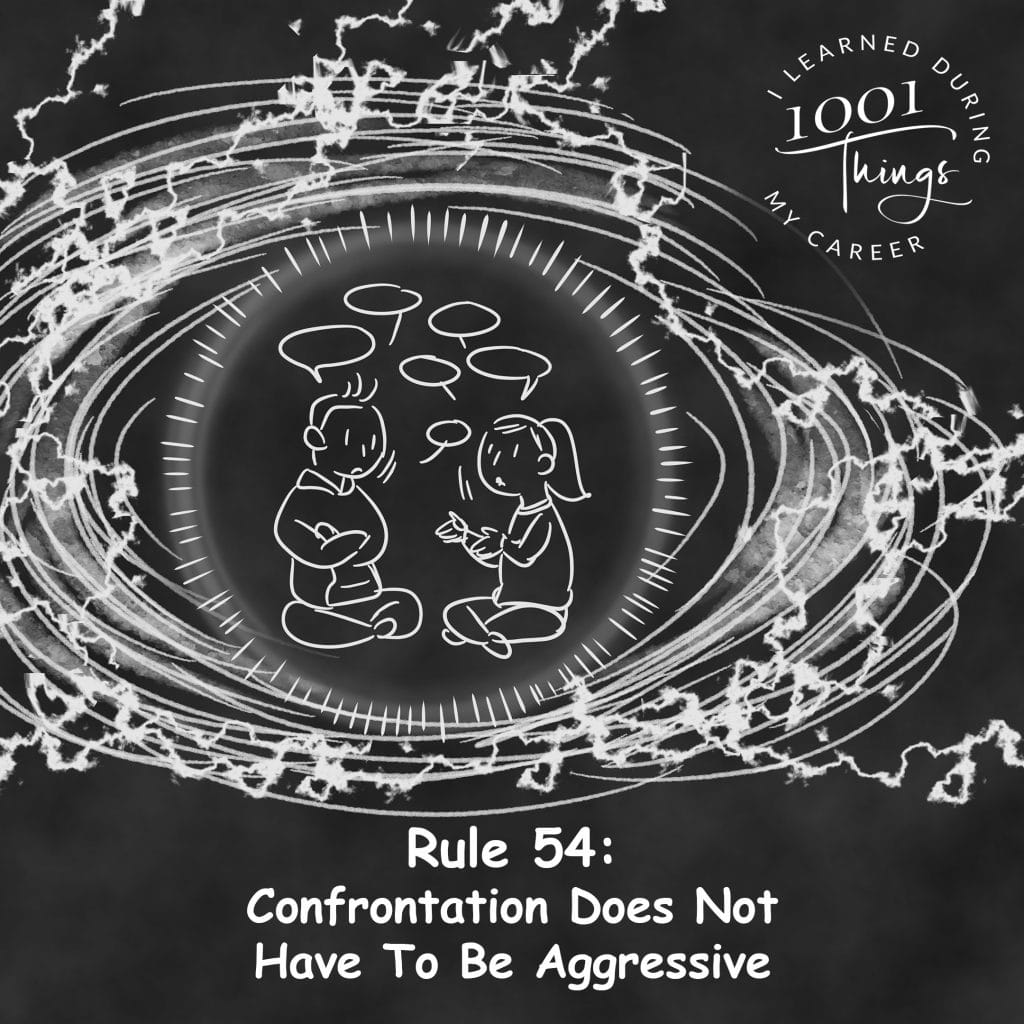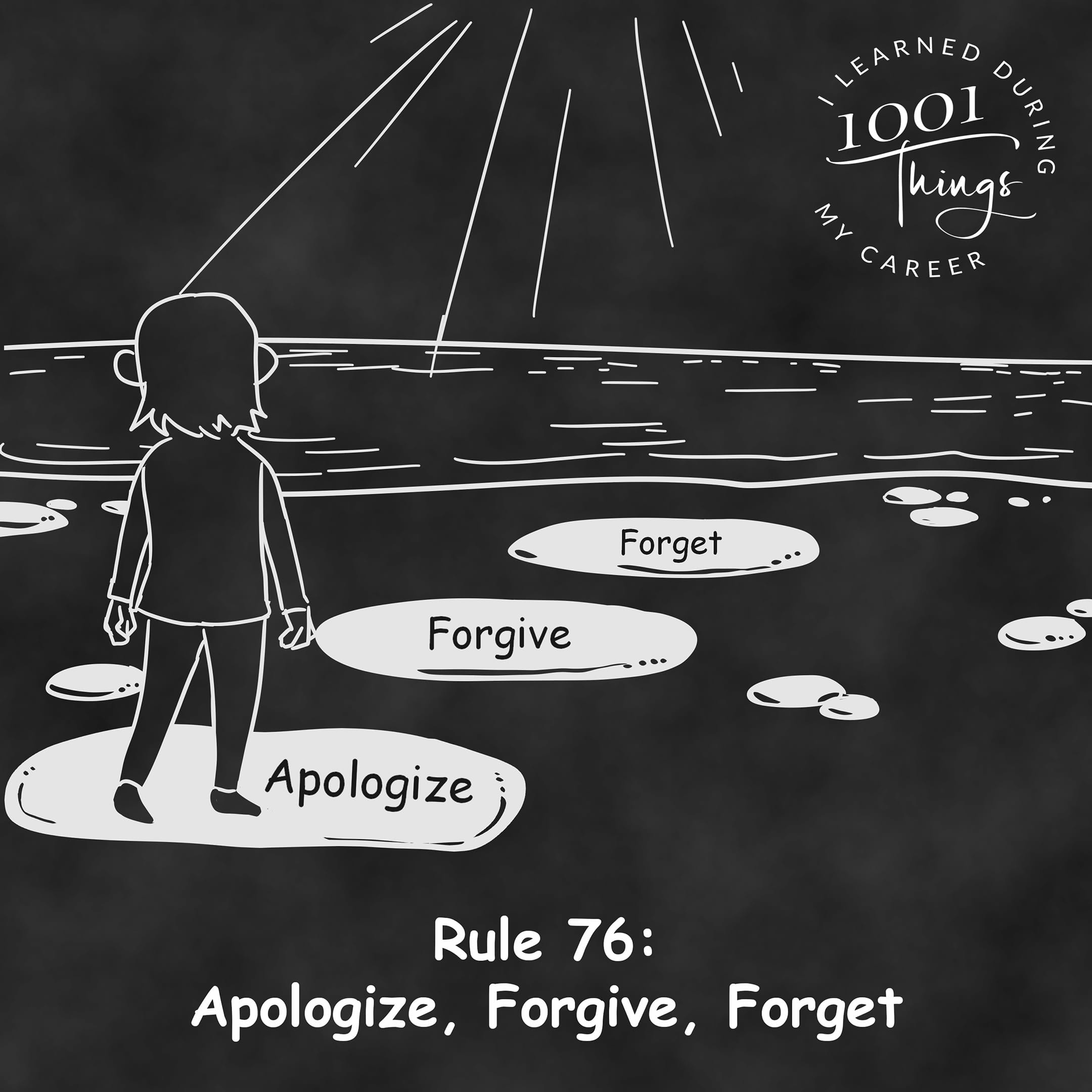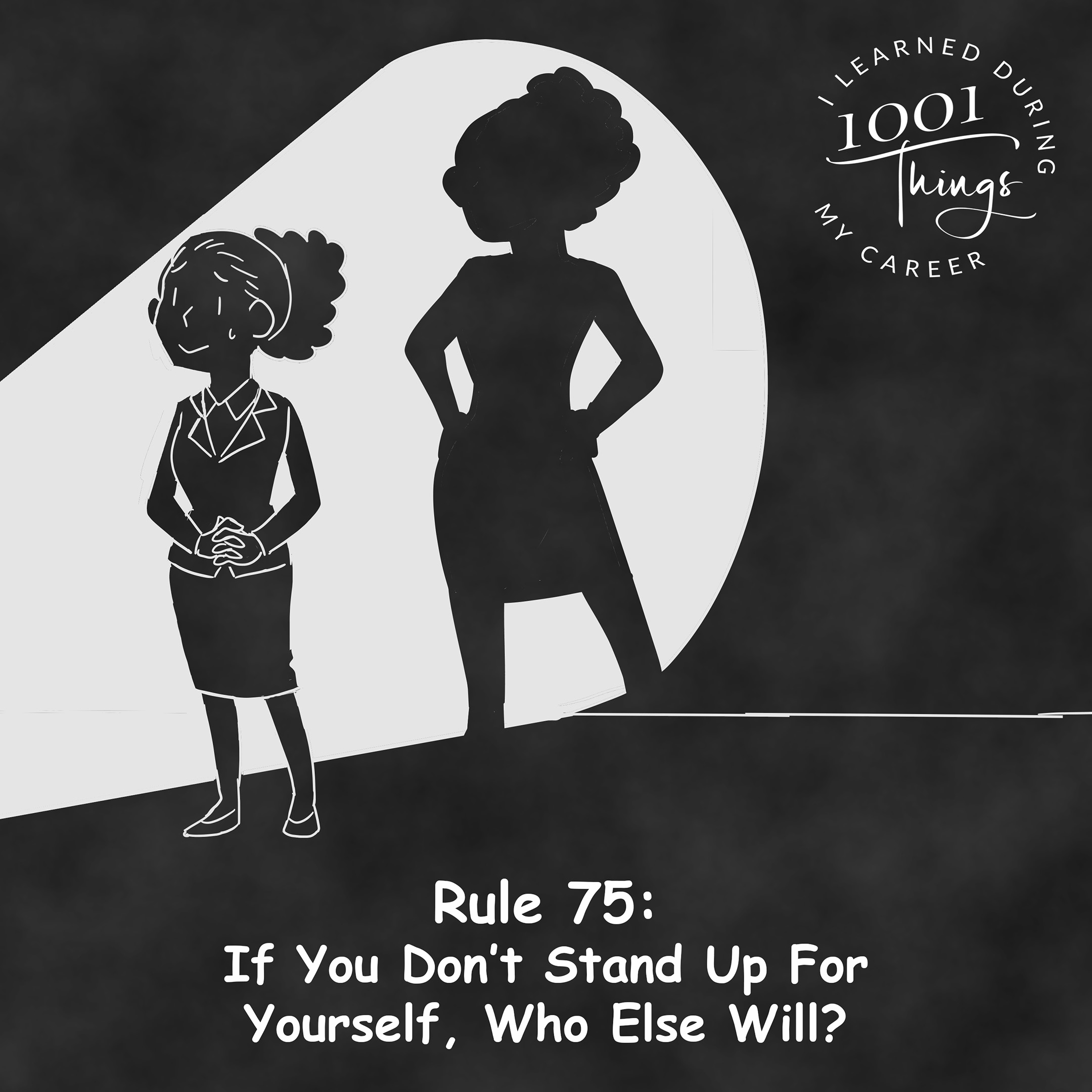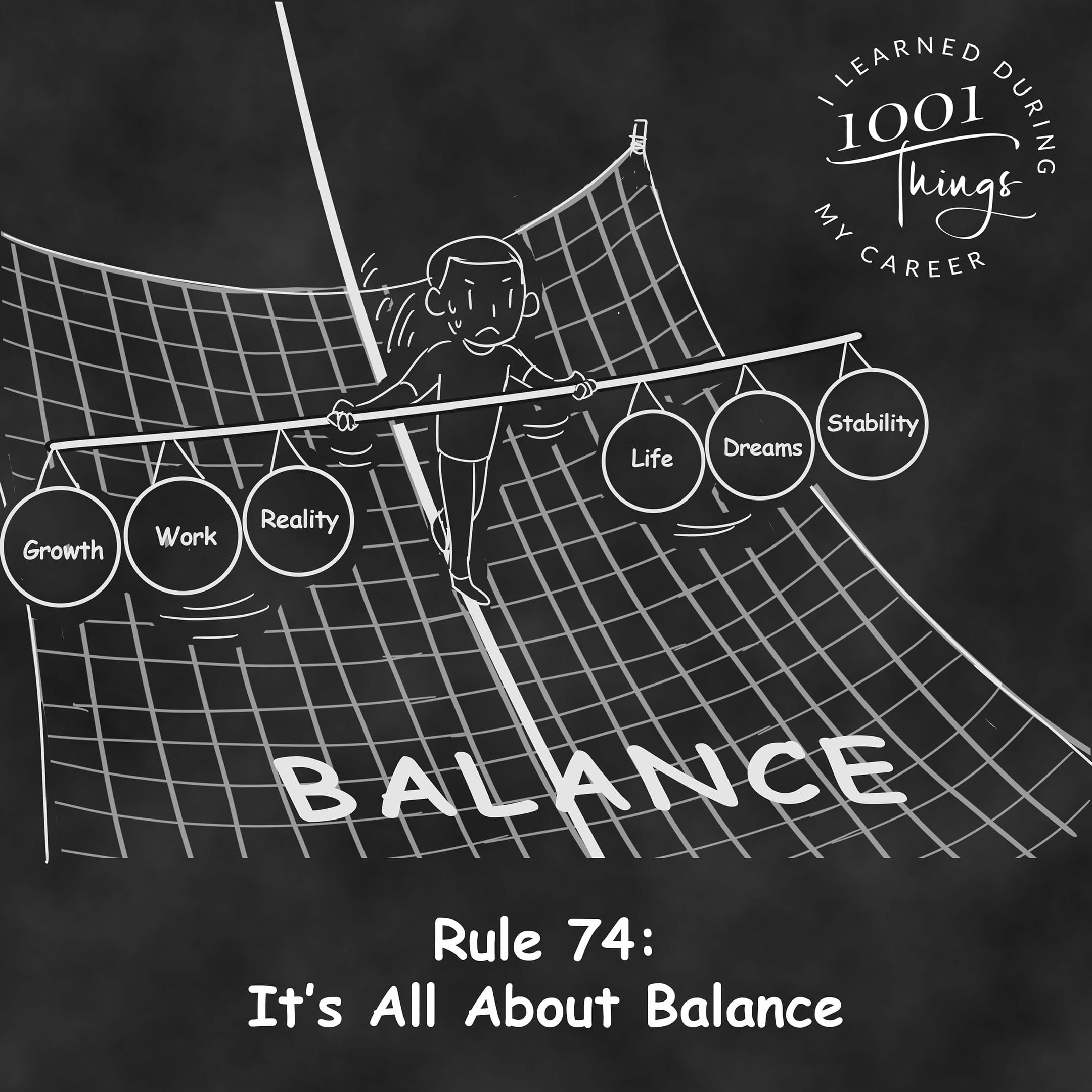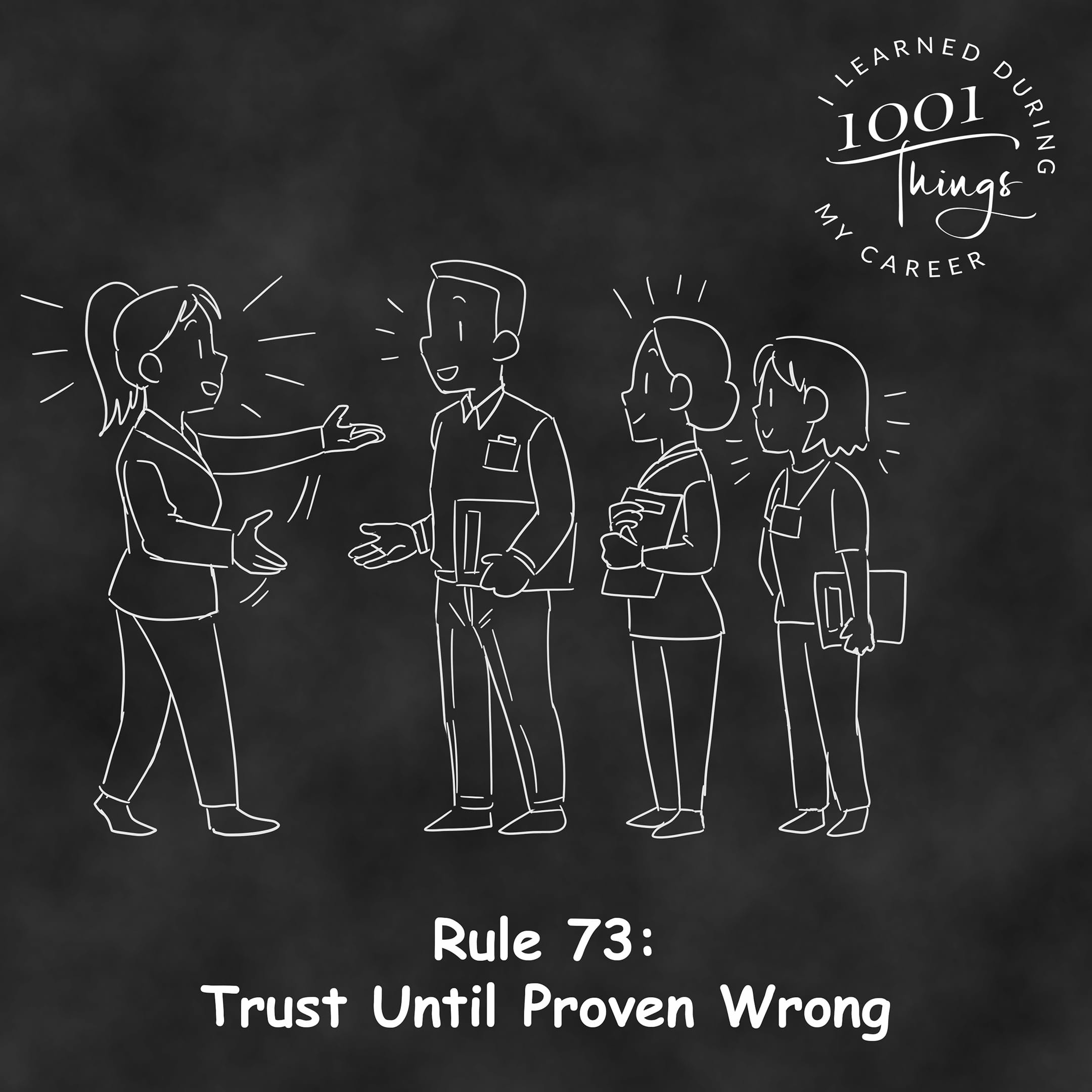Confrontation is often seen as a negative interaction, filled with anger, frustration, and heated arguments. It’s easy to get carried away in the heat of the moment, letting emotions take control. But here’s the thing: confrontation doesn’t have to be aggressive. In fact, when handled with care and emotional control, it can lead to understanding, resolution, and even stronger relationships.
When emotions run high, it’s natural to want to defend your position, to prove that you’re right, and to make sure the other person understands your point. Unfortunately, this approach often leads to a cycle of blame, accusations, and a widening gap between both parties. The conversation becomes less about resolving the issue and more about winning the argument. But what if you took a different approach? What if, instead of letting emotions dictate the tone of the confrontation, you chose to keep your feelings in check and focused on the facts?
Imagine a scenario where a disagreement arises at work: a project isn’t going as planned, and tempers are starting to flare. Instead of allowing the situation to escalate into a shouting match, take a step back and approach the discussion with a clear mind, focusing on the issue at hand rather than personal grievances. By calmly presenting your perspective and listening to the other person’s viewpoint, you open the door to a more constructive dialogue. You may not agree, but at least you’ll have a better understanding of each other’s positions, and with that understanding, you may even find a resolution.
The same approach applies to personal relationships as well: when a confrontation arises with a friend, partner, or family member, it’s important to remember that your relationship is more valuable than winning an argument. By holding back your anger and frustration, you create space for a rational discussion. You may discover that the other person didn’t intend to hurt you, or that their perspective is simply different from yours. And even if you can’t come to an agreement, acknowledging that it’s okay to see things differently will likely diffuse the tension and maintain respect within the relationship.
Confrontation doesn’t have to be a battle: it can be an opportunity to clear the air, understand each other better, and maybe even find common ground. The key is to approach it with a calm mind, controlled emotions, and a willingness to listen as much as you speak. By doing so, you turn confrontation from a destructive force into a constructive one, and you’ll find that resolving disagreements becomes less about who is right and more about mutual respect and understanding.

